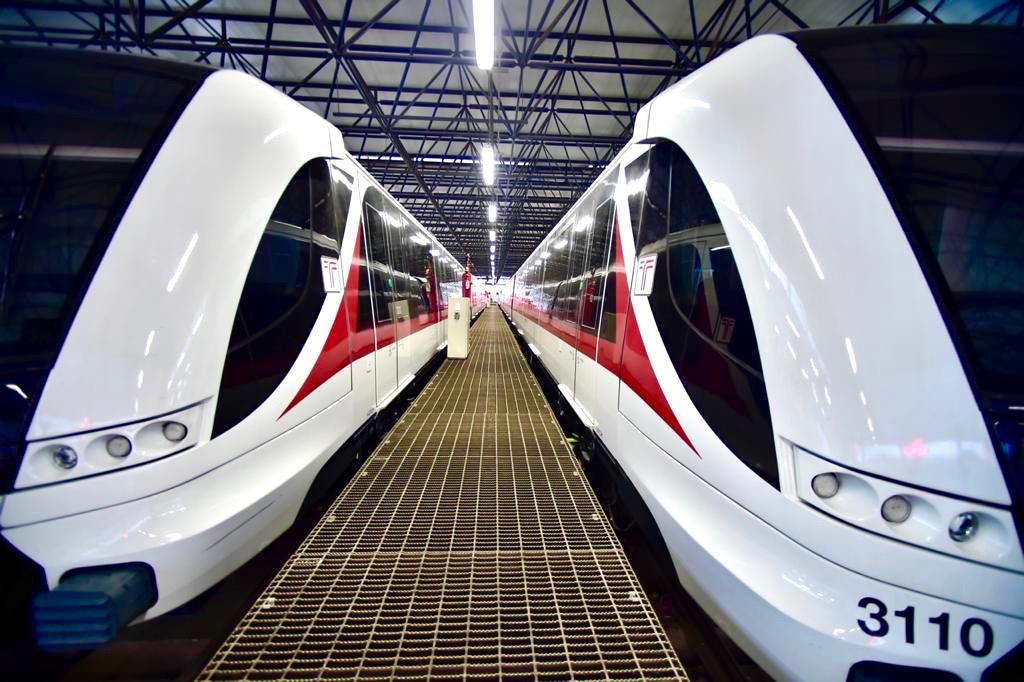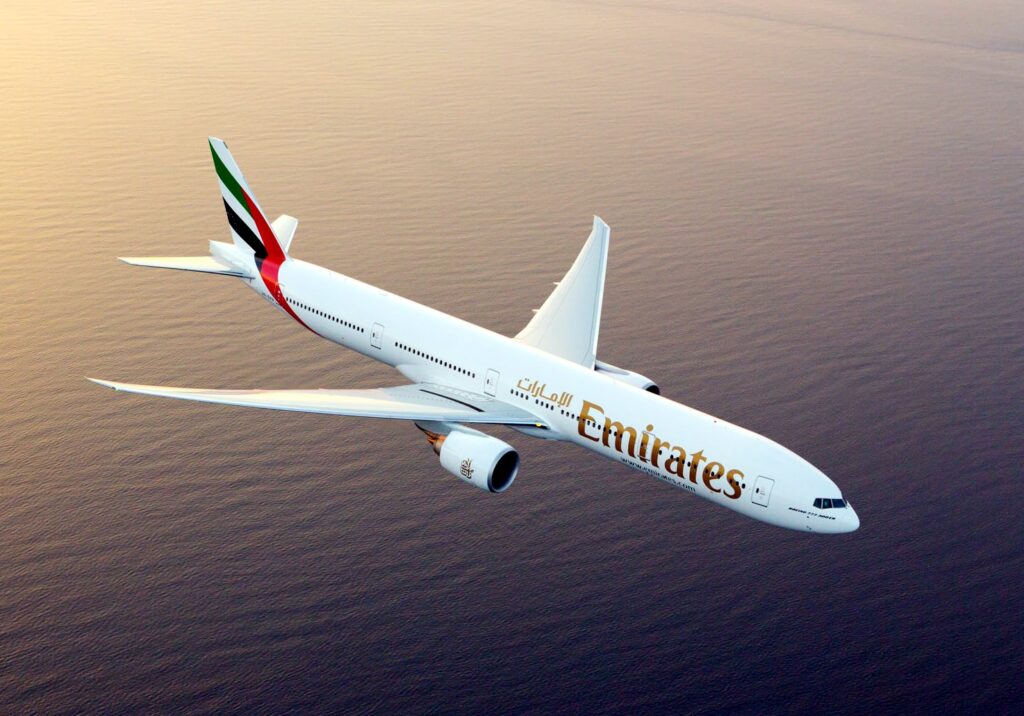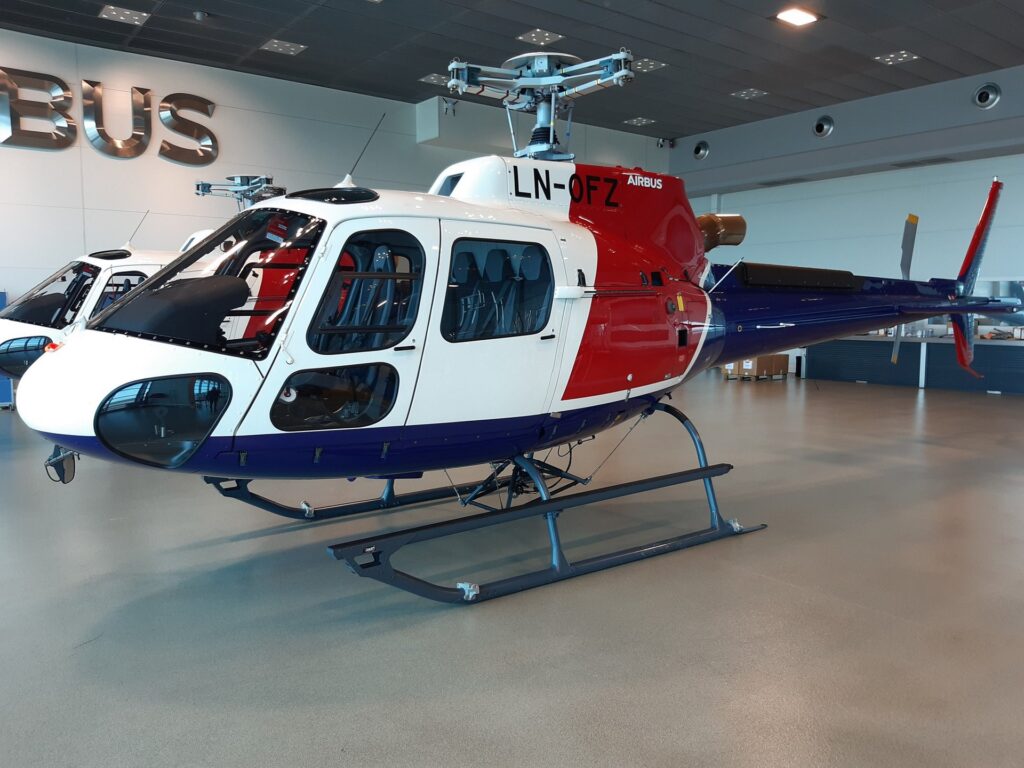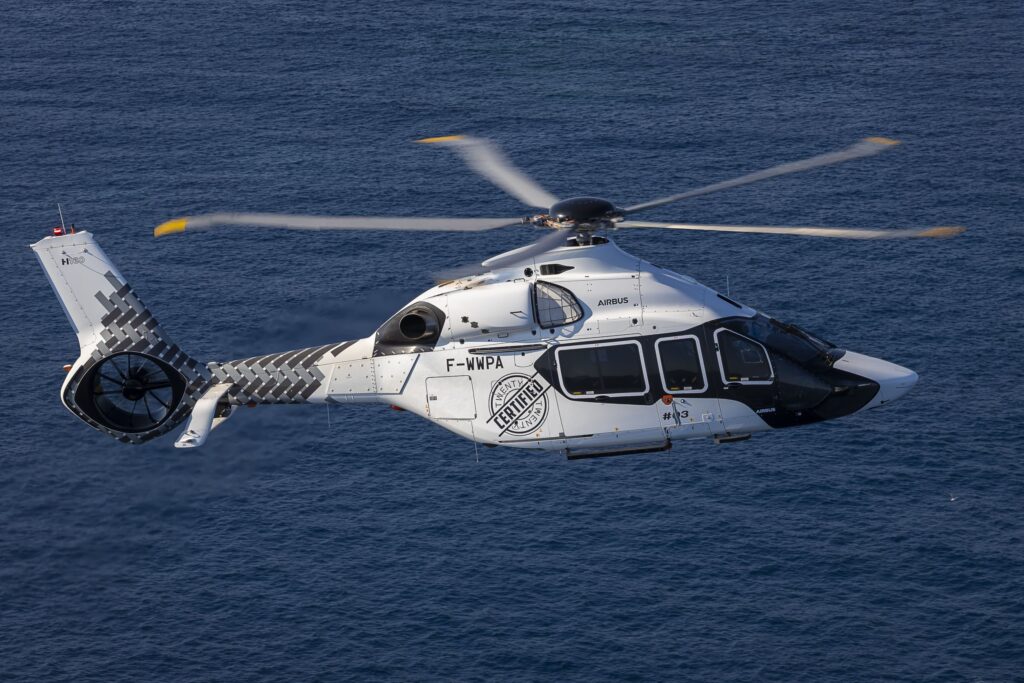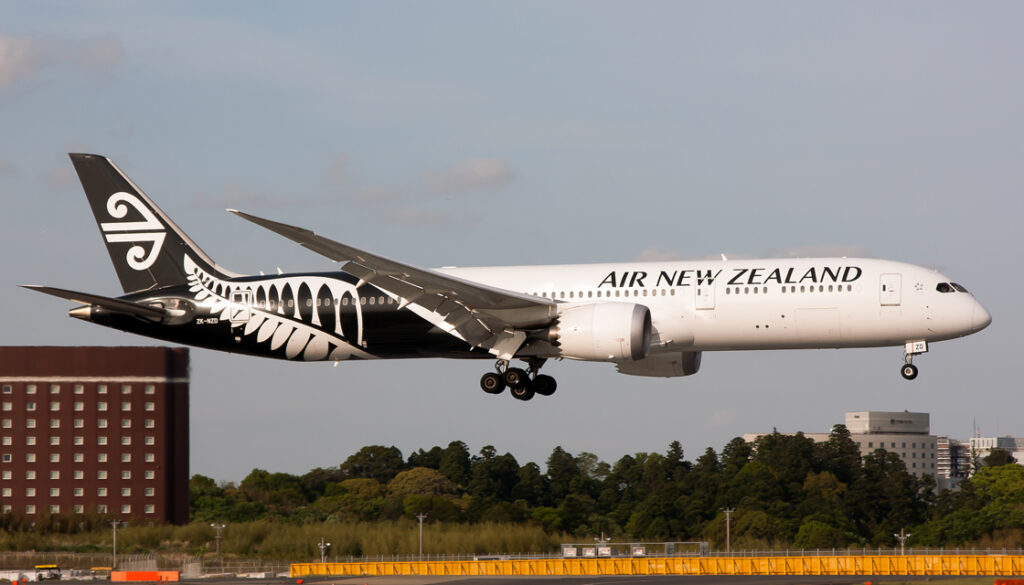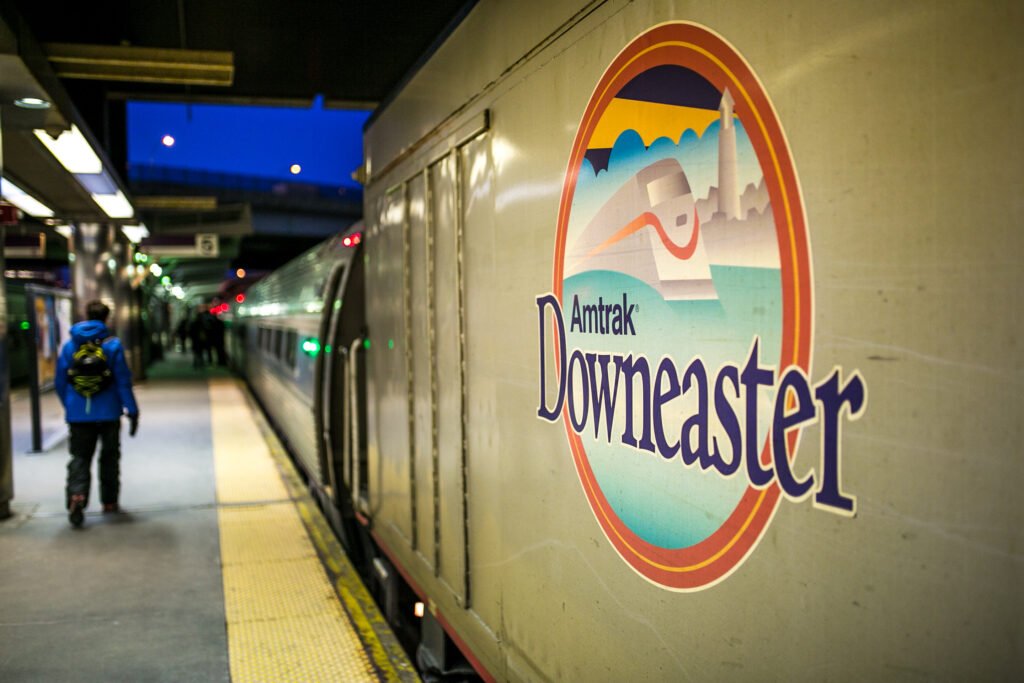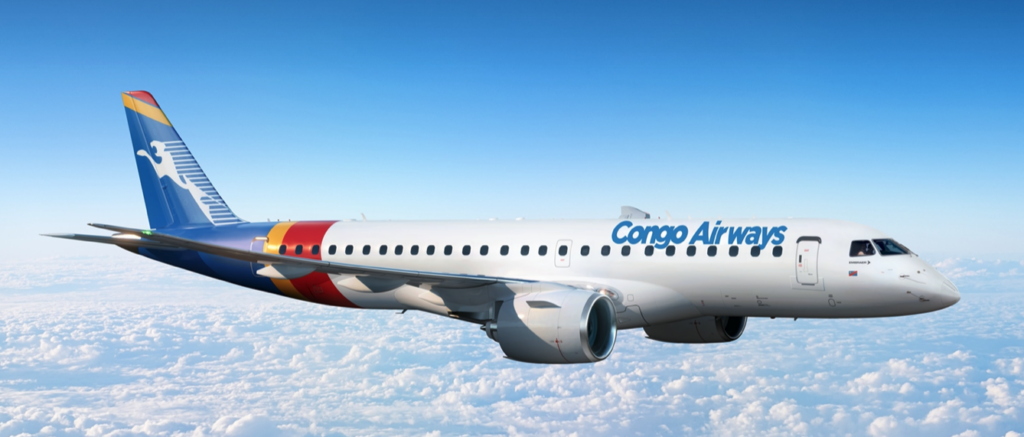Alstom Delivers Guadalajara Urban Transportation Network Line 3
- Inauguration of a landmark mobility project for the State of Jalisco in Mexico Alstom has officially delivered Line 3 of Guadalajara urban transportation network, a new line expected to carry around 230,000 passengers daily.…
